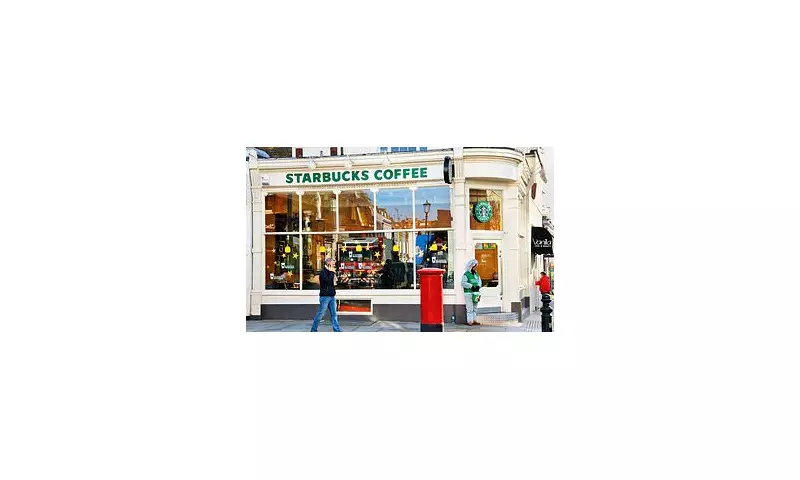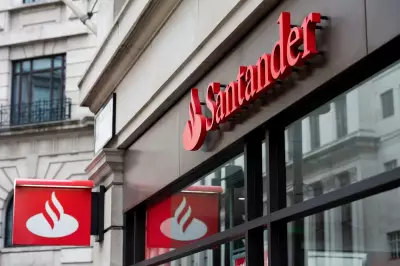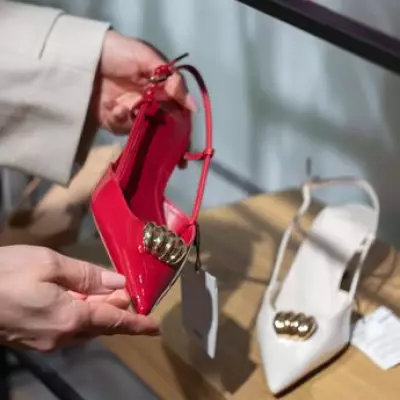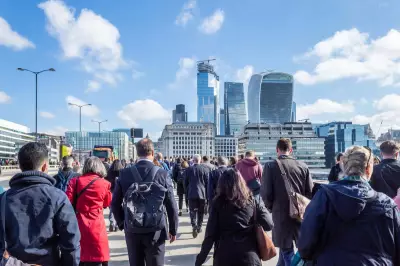
Is the Starbucks Era Over in Britain?
A decade ago, a misspelt name on a Starbucks cup was a sure-fire route to Instagram fame, symbolising Britain's enduring love affair with the American coffee giant. Today, that passion appears to be cooling significantly. In a telling sign of changing fortunes, Starbucks confirmed in September that it would be shutting down several UK outlets, including branches in Balham, Ilford, London Bridge, and Holland Park.
The chain, once the undisputed leader, is facing a perfect storm of challenges. The signature Pumpkin Spice Latte and elaborately topped Frappuccinos are struggling to compete in a market squeezed by a severe cost of living crisis. Furthermore, customers are increasingly frustrated by lengthy wait times; a Daily Mail investigation last year highlighted waits of over three minutes for a simple oat chai latte, a stark contrast to the near-instant service at rivals like Caffe Nero and Pret A Manger.
A Battle for Relevance in a Crowded Market
In response to slumping sales, Starbucks appointed a new CEO, Brian Niccol, in October last year with a mandate to 'fundamentally change' the company's strategy. Despite this, consumers continue to flock to what are perceived as cooler, more agile competitors. Newcomers like Blank Street Coffee and established players like Black Sheep Coffee and Gail's Bakery are capturing market share, alongside a thriving scene of independent coffee shops.
Branding expert Chad Teixeira told the Daily Mail that Starbucks was once the default "third space" for UK coffee drinkers but now risks becoming 'irrelevant'. He noted, 'The trendiness and inevitability that once accompanied the Starbucks visit has undeniably dulled.' PR and Marketing Expert Estelle Keeber concurred, stating the chain has 'lost its sparkle' compared to rivals who are quicker to adapt to design, sustainability, and tech-driven convenience.
The Price of a Caffeine Fix and The Impact of Boycotts
The financial pressure on consumers is undeniable. On delivery platforms like UberEats, a Toffee Nut Latte can cost a staggering £7.20, with sandwiches priced around the £7-8 mark. This has made a trip to Starbucks an unaffordable luxury for many, who are instead opting for genuine value at chains like Greggs, where lattes often cost less than £2.
Compounding these commercial challenges are significant social pressures. Starbucks has faced widespread boycotts over its alleged links to Israel, which the company has strongly denied. In a statement, Starbucks said, 'We abhor hate and strongly reject violence against the innocent. Despite false statements... Starbucks has never contributed to any government or military operation in any way.' However, experts like Estelle Keeber believe this has impacted footfall, noting that modern consumers are 'much more values-driven now'.
This sentiment is echoed by the public. Caroline, a mother from Essex, explained her decision to boycott on TikTok, stating she would not use a birthday voucher because she did not want to 'promote them in any way, shape or form.'
The financial data paints a clear picture of struggle. In July, Starbucks reported its sixth consecutive quarterly decline in sales at established stores, with shares falling by 8.8 per cent. The company is also reducing its store portfolio in North America and cutting head office jobs.
Despite the closures, a Starbucks spokesperson emphasised a commitment to growth, stating, 'Our focus is on growth, both in the UK and globally, with new coffeehouse openings already underway this fiscal year.' The chain still operates around 520 company-owned stores in the UK, employing more than 5,600 people. The question remains whether the new strategy under Brian Niccol can rekindle the love Britons once had for the iconic coffee brand.





